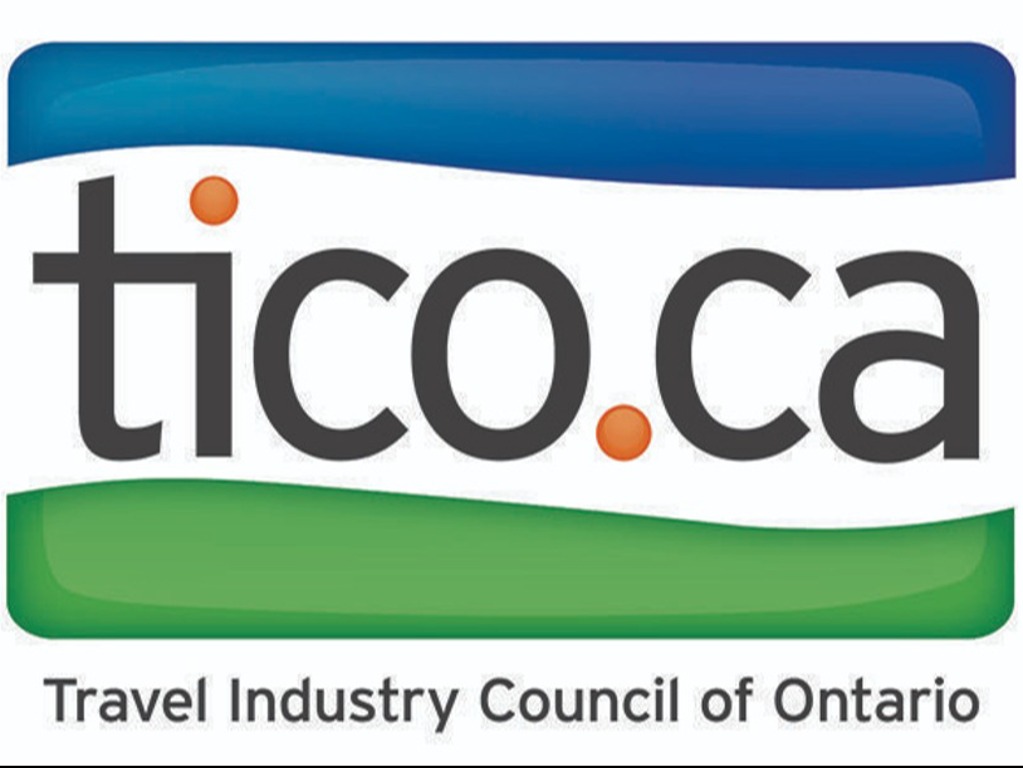TICO releases details of fee changes

Over the past year, the Travel Industry Council Ontario (TICO) conducted a funding framework and fee review to develop a fair and modern funding model that reflects cost recovery, delivers value to stakeholders, and continues to keep consumer protection at the forefront.
In early October 2023, TICO shared five proposals with industry and conducted a five-week consultation process. We appreciate everyone who took the time to provide their input.
While registrants’ feedback on the five proposals was generally positive, we did also hear from registrants who had concerns about TICO’s approach. We thoroughly considered all feedback when deciding how to move forward and will continue to use the input we received as we consider any future changes.
An important consideration is that TICO’s new funding framework and fee structure addresses the Auditor General’s recommendation that TICO revise its fee structure to ensure operating costs are sufficiently funded through registration and other fees charged to registrants.
As of April 1, 2024, the following fee changes will take place:
- Decreased Compensation Fund payments to $0.05/$1,000 from $0.25/$1,000 of Ontario Gross Sales (proposal #1 from consultation).
- As a burden reduction measure, Compensation Fund assessments will only be due one time per year, payable within 90 days of year-end. Mid-year filings will no longer be required.
Recalibrated fee bands and a new method for calculating renewal fees. Ontario Gross Sales (OGS) continues to be the basis for calculating fees (proposal #4 from consultation).
| New Fee Bands (OGS) | New Renewal Fees |
| Less than $10M | Flat rate of $750 |
| $10M – $50M | $0.29 per $1,000 in OGS |
| $50M – $100M | $0.27 per $1,000 in OGS |
| $100M – $250M | $0.25 per $1,000 in OGS |
| Greater than $250M | $0.23 per $1,000 in OGS |
New late filing fees(proposal #5 from consultation).
| Type | Late Fee |
| Annual financial filing (due within 90 days of year-end) | $100 |
| Registration renewal (due within 90 days of year-end) | $100 |
| Notice of business change (due within 5 days of change) | $25 |
When will my fees change?
If your year-end is on or after April 1, 2024, you will calculate your renewal fee and Compensation Fund assessment based on the new fee model.
- Compensation Fund assessment – $0.05/$1,000 OGS, calculated using the last 12 months of sales.
- Renewal fee based on the new fee bands, calculated using OGS reported on your last financial filing.
- You can estimate your fees using TICO’s fee estimate calculator (please note, renewal fees and Compensation Fund assessments are calculated using sales levels from different years). You will continue to receive an invoice for renewal fees approximately 60 days prior to your payment due date.
Payments are due to TICO within 90 days of year-end and must be accompanied with a Form 1 submission.
If your year-end is on or before March 31, 2024, you will calculate your renewal fee and Compensation Fund assessment based on the existing fee model. You will switch to the new fee model for your 2024/2025 renewal cycle.
- Compensation Fund assessment – $0.25/$1,000 OGS
- Renewal fee based on existing fee bands
- Payments are due to TICO within 90 days of year-end and must be accompanied with a Form 1 submission.
Status of other proposals
As part of the consultation process, TICO made two additional proposals that require government consideration and decision-making:
- Proposal #2 – Remove end-supplier coverage from the Compensation Fund; and
- Proposal #3 – Double the maximum per person Compensation Fund limit to $10,000.
These proposals have been brought forward to government with a request for consideration.
Voluntary consumer pay model
TICO understands that industry is looking for added flexibility to recover regulatory costs. As part of the consultation, TICO asked registrants if there was an interest in a voluntary consumer pay model, where regulatory fees would be disclosed and passed through to consumers at the point of sale.
Overwhelmingly, we heard that registrants were not interested in this option. Registrants expressed concerns that any fees passed to consumers would be a competitive disadvantage, an added burden and potentially cause consumer confusion.
Why is TICO changing its fees?
TICO has not changed its renewal fees since 2011. However, the travel environment has become more complex with the evolution of technology, the post-pandemic environment and the prevalence of fraud.
TICO runs a lean operation and in the past 10 years, expenses have grown by an average of approximately 3% each year. TICO has done its best to keep expenses reasonable while adapting to these new demands. During this time, inflation has accumulated at a rate of approximately 30% (according to the Bank of Canada).
TICO’s new funding model represents a 3.4% aggregate increase in total fees paid by registrants, based on sales from 2019/2020. While some registrants will see fee increases higher than this rate, the new fee bands are more equitable at distributing fees across all registrants. Additionally, there is a minimum cost to regulating a registrant of any size, which the new minimum fee of $750 addresses.
TICO is open to revisiting the lowest fee band within 1-2 years of implementation to better understand the impact on registrants, to consider the transition to an enhanced risk-based model, and the broader recommendations contained in the Auditor General’s report.
Go to www.tico.ca for more.


